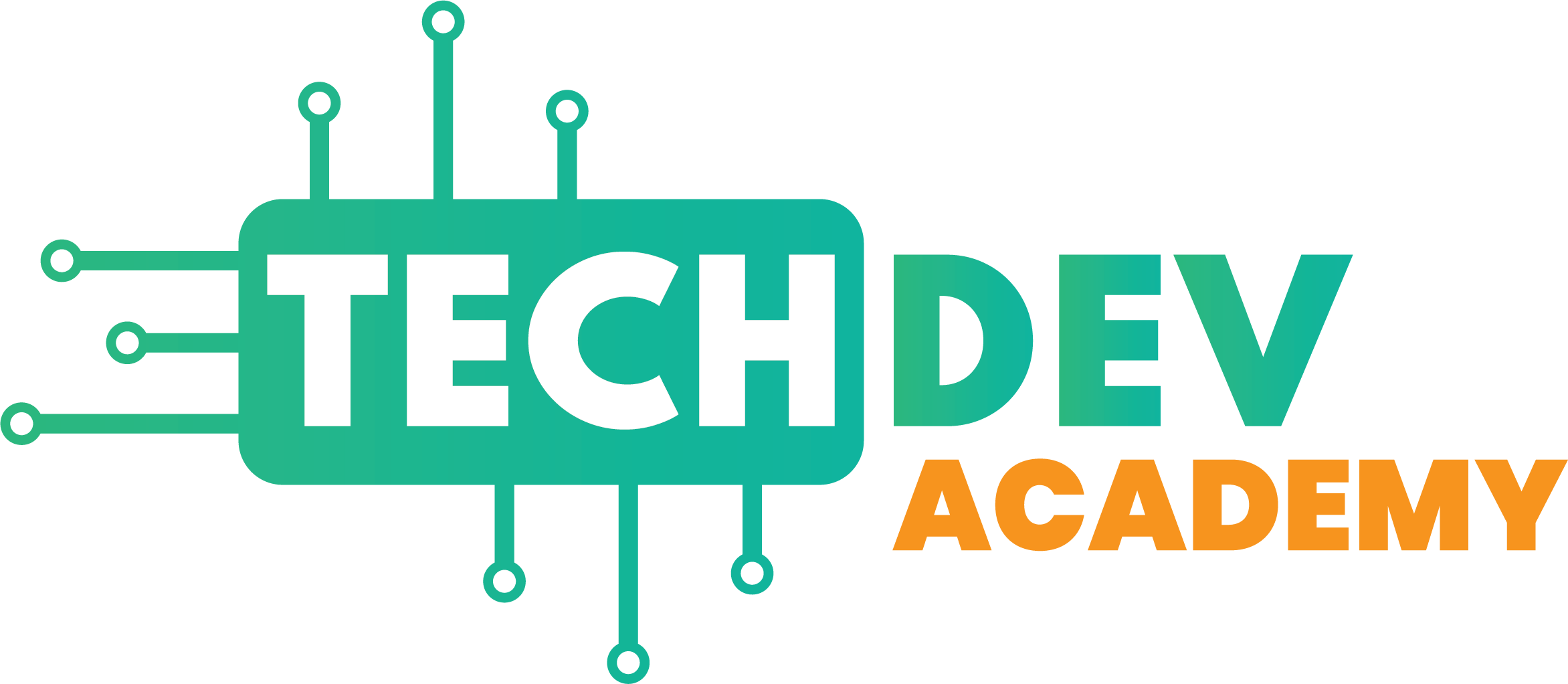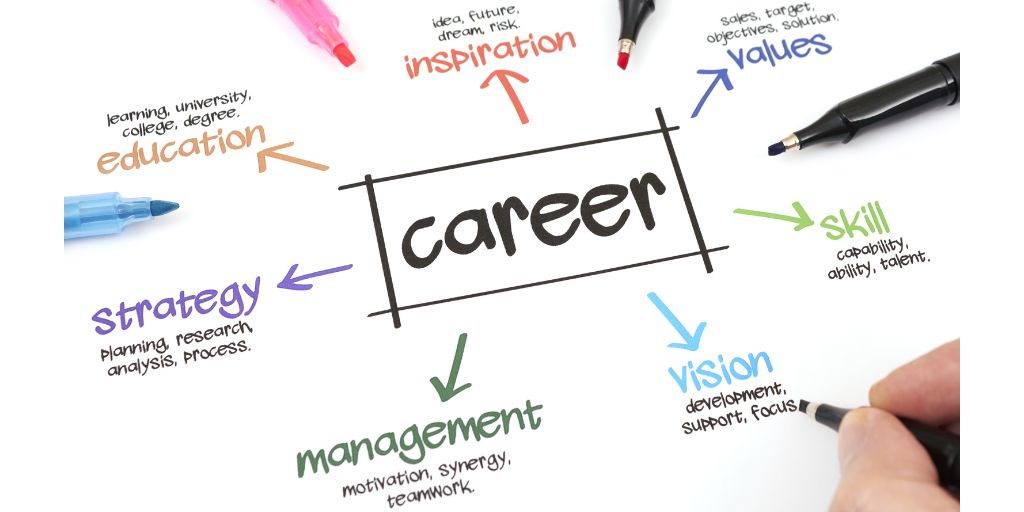Choosing a career is a key step in every student’s future. During high school, students begin thinking seriously about their interests, skills, and long-term goals. Yet many do not have access to reliable guidance. Without support, they may feel confused or pressured to choose quickly without enough information.
This is where career mentorship for students becomes essential. A strong mentorship program helps students explore career options in a structured and informed way. Through discussions with experienced mentors, students can discover real job roles, understand required skills, and set goals early. This gives them the clarity and confidence to take meaningful steps toward success.
This is what you will get in this article. You will learn how mentorship supports high school career guidance, career exposure, planning tools, and measurable success. Let’s see together.
Importance of Career Mentorship in High School
Career mentorship helps students connect school life with the practical life. It is more than just giving advice, it creates a safe space where students ask questions, share doubts, and explore ideas.
Builds Direction and Purpose
High school students often struggle to define their interests. A mentor can help them recognize what they enjoy and are good at and how that connects to possible careers. For example, a student who enjoys problem-solving may not know about data analysis roles. A mentor can point them in the right direction.
Encourages Confidence in Decision-Making
Students need support when making early career decisions. A mentor does not choose for them but guides them to think clearly. This process builds confidence and encourages independent decision-making.
In a 2022 report by MENTOR (The National Mentoring Partnership), 76% of students with mentors said they felt more prepared to make career choices than those without any mentorship.
Understanding Career Paths
Understanding what a career path means is essential. A career path is a journey, not a fixed goal. It includes education, early jobs, skill-building, and long-term development.
Introducing Career Options Early
Many students only know of a few professions, such as doctors, engineers, or teachers. Mentors can introduce lesser-known but valuable careers like cybersecurity, UX design, or supply chain management. This opens doors to many opportunities.
Examples That Guide Planning
If a student is interested in healthcare but does not want to be a doctor. A mentor might explain roles like respiratory therapy, medical lab tech, or public health. These real examples help students map out possible steps after high school.
This type of knowledge supports students’ future planning and ensures students can make informed choices.
Exposure to Real-World Jobs
Real-world exposure allows students to go beyond textbooks and see how jobs work in practice. This is a key part of mentorship.
Job Shadowing and Career Talks
Mentorship programs often include job shadowing, where students spend a day with a mentor at their workplace. This helps students understand daily tasks, required skills, and work environments. Career talks are also useful, where mentors share their journey and lessons learned.
Internships and Volunteer Work
Short internships or volunteer roles provide hands-on experience. For example, a student interested in graphic design may shadow a designer and learn how tools like Adobe Illustrator are used in real projects. These experiences also support internship advice and help build early skills.
According to a 2023 study by the Strada Education Foundation, students who participated in work-based learning had a higher chance of selecting a matching college major.
Career Exploration Mentorship For High School Students
Discover Career Interests
Explore different career paths and identify your strengths through guided sessions and real-world examples.
Connect with Mentors
Gain insights and guidance from professionals working in your field of interest through structured mentorship programs.
Build Real-World Skills
Learn communication, problem-solving, and teamwork skills that are essential for career success.
Plan Your Academic Path
Understand which subjects, courses, and extracurriculars align with your career goals and interests.
How to Build Effective Career Mentorship Programs
Creating a strong program requires planning. Schools and organizations must consider structure, roles, and communication methods.
Setting Clear Goals
Each mentorship program should define what students will gain. For example:
- Learn about 5 potential careers
- Prepare a career action plan.
- Connect with at least 2 mentors in different fields.
Clear goals make programs effective and measurable.
Scheduling and Communication
Sessions should be regular, at least once a month. Meetings can be in-person or virtual, depending on availability. Communication should be simple, respectful, and focused.
Providing training for mentors is also key. Not all professionals know how to guide students. A short orientation on mentorship basics can improve results.
Tools & Resources
Mentorship works best when supported by strong tools and resources.
Career Planning Templates
Students benefit from structured templates that help them organize thoughts, list interests, research careers, and plan next steps. These forms can also be shared with mentors to guide discussions.
Online Platforms
Some schools use digital tools like career assessment quizzes, job explorer platforms, or mentorship matching systems. These make it easier to track progress and manage the program.
Resource Libraries
Providing mentors and mentees with access to videos, articles, and guides enhances learning. For example, a guide on resume building or interview preparation helps students prepare early.
These tools support both high school career guidance and long-term planning.
Mentor-Mentee Matching Tips
Matching the right mentor with the right student is critical. A poor match can limit the student’s growth. Here are a few tips for finding the right mentor:
Match Based on Interests and Goals
Programs should collect student interests and match them with mentors from relevant fields. For example, a student interested in finance could be paired with a mentor in banking, accounting, or business strategy.
Balance Personality and Availability
Beyond professional background, personality match also matters. A calm, encouraging mentor may work best for a shy student. Scheduling compatibility should also be considered to avoid missed sessions.
A 2021 study on mentorship programs showed that 68% of successful mentorships had shared interests between mentors and mentees.
Measuring Success in Career Mentorship
Measuring success in career mentorship helps identify what’s working, highlights areas for improvement, supports long-term goals, and provides clear evidence of the program’s value to schools, mentors, and students.
Student Feedback and Self-Assessments
Regular surveys can gather student feedback. Asking questions like “Do you feel more prepared to choose a career?” or “What did you learn this month?” helps track impact.
Students can also rate themselves on knowledge, confidence, and planning skills every three months. This shows growth over time.
Long-Term Tracking
Programs can follow students after graduation to see if they enter fields they explored with mentors. This helps show the long-term effects of career mentorship for students.
Some programs track how many students:
- Complete career plans.
- Apply to related college majors.
- Begin early work in their chosen field.
These numbers guide future improvements.
Role of Industry Mentors in Student Growth
Industry mentors are working professionals who offer current, real-world knowledge. Their role goes beyond general advice.
Provide Real Insights
They can explain how the industry is changing, which skills are in demand, and what challenges exist. For example, a mentor in digital marketing may share how AI tools are affecting content creation jobs.
Share Personal Journeys
Students learn from hearing how someone entered the field, overcame struggles, or made career shifts. These stories give hope and direction.
Having access to industry mentors helps students think practically, ask better questions, and stay updated.
Guiding Career Discovery Step by Step
Career discovery is a gradual process, not a single decision made at once. It unfolds over time through self-awareness, exposure, and mentorship. For high school students, mentorship provides the structure needed to explore options without pressure. Mentors can introduce students to multiple fields, allowing them to see what suits their interests and abilities.
Exploration Through Experience
Hands-on experiences are more impactful than theoretical lessons. Students can take part in short-term tasks, shadow professionals, or ask mentors for sample activities. These simple steps give students real-world insight into specific job roles. Over time, this experience sharpens their understanding of what daily work looks like in different fields.
Review and Reflect
After each exposure, mentors help students reflect. What felt right? What didn’t? This review process eliminates unsuitable paths early. With patient guidance and regular reflection, students stay motivated and build clarity. Career discovery becomes less stressful and more effective.
Conclusion
Career mentorship offers long-term value for students. It provides guidance, exposure, structure, and support—everything needed to confidently plan a future. By connecting students with mentors, introducing real job paths, and offering hands-on experiences, schools can ensure more students enter adult life with clear goals and the skills to reach them.
The steps are simple: match mentors, set clear goals, use helpful tools, and track growth. Mentors do not just help students choose careers, they help them grow into the people who can succeed in them.
FAQs
What is the best age to start career mentoring?
Around age 14–15, students begin high school and start thinking seriously about future career options.
How do students benefit from mentorship programs?
They gain real-world insights, set clearer goals, build confidence, and receive support for making informed career and education choices.
Are virtual mentors effective for career exploration?
Yes, virtual mentors provide flexible guidance, access to broader industries, and help students explore careers regardless of location constraints.


